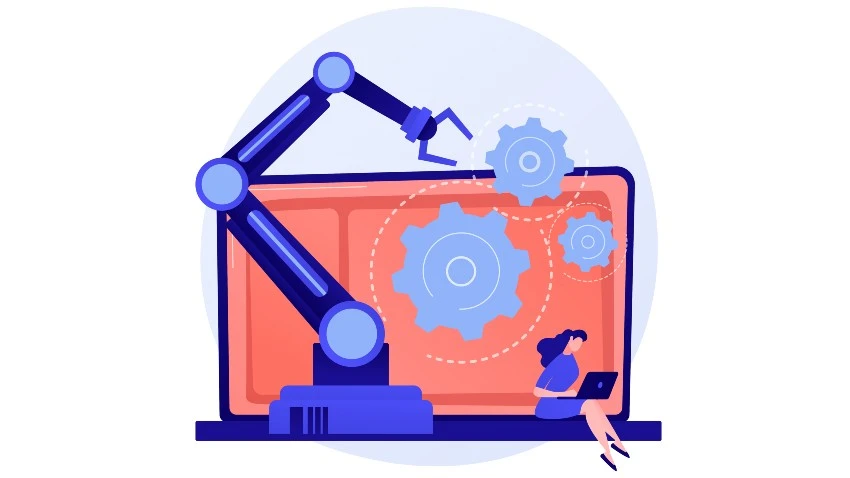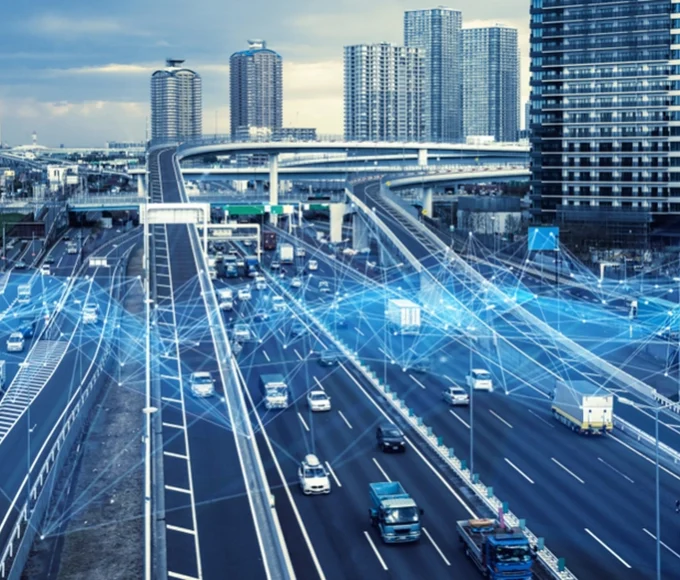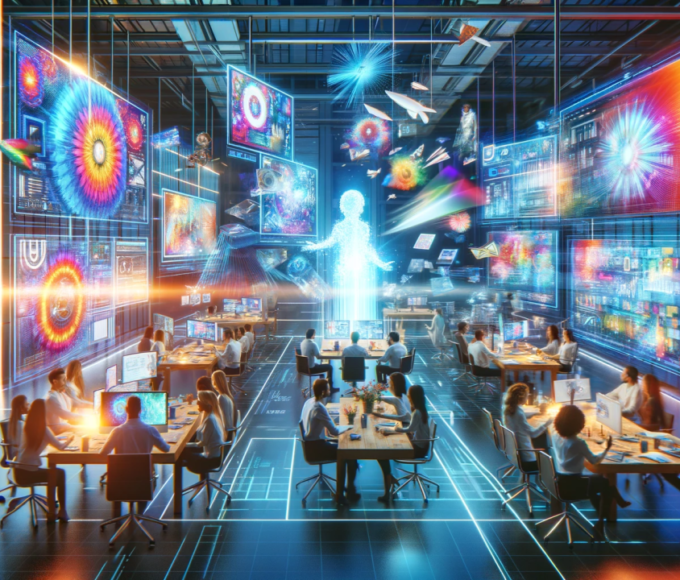In the ever-evolving landscape of technology, the convergence of Artificial Intelligence (AI) and Process Automation has emerged as a transformative force, reshaping industries and revolutionizing the way businesses operate. As organizations seek to enhance efficiency, reduce costs, and improve overall productivity, the synergy between AI and Process Automation has become a key driver of innovation.
Understanding Process Automation:
Process Automation involves the use of technology to automate routine and manual tasks, allowing for the streamlining of workflows and minimizing the need for human intervention. This approach not only accelerates processes but also reduces the likelihood of errors, ensuring consistency and accuracy in operations.
Enter Artificial Intelligence:
AI, on the other hand, empowers systems to learn, adapt, and make decisions based on data analysis. Machine Learning (ML) and Natural Language Processing (NLP) are integral components of AI, enabling machines to understand, interpret, and respond to human language and patterns.
The Marriage of AI and Process Automation:
When AI is integrated with Process Automation, it introduces a new dimension of intelligence to automated systems. This marriage results in intelligent automation, where machines not only execute predefined tasks but also learn from data, adapt to changes, and make decisions in real-time.
Benefits of AI-Driven Process Automation:
Enhanced Decision-Making:
AI augments process automation by providing the capability to analyze vast datasets and make informed decisions. This ensures that automated processes are not only efficient but also adaptive to dynamic business environments.
Predictive Analytics:
AI algorithms can forecast trends and potential issues by analyzing historical data, enabling organizations to proactively address challenges and optimize processes before problems arise.
Optimized Workflows:
AI-driven automation identifies bottlenecks, redundancies, and inefficiencies in workflows. This allows for the optimization of processes, leading to increased productivity and cost savings.
Customer Experience Improvement:
With AI, automated systems can personalize interactions, understand customer preferences, and provide tailored solutions. This results in an enhanced customer experience and increased customer satisfaction.
Scalability:
AI-driven automation is highly scalable, adapting to varying workloads and business demands. This scalability ensures that organizations can efficiently handle growth without compromising on performance.
Use Cases Across Industries:
Finance and Banking:
AI-driven automation is employed for fraud detection, risk management, and customer service, improving security and providing seamless financial transactions.
Healthcare:
In healthcare, AI automates administrative tasks, streamlines patient data management, and enhances diagnostic capabilities, leading to more efficient healthcare delivery.
Manufacturing:
AI and automation optimize production processes, monitor equipment health, and predict maintenance needs, ensuring smoother operations and reducing downtime.
Retail:
AI-driven automation in retail includes personalized recommendations, inventory management, and supply chain optimization, resulting in improved customer satisfaction and cost-effectiveness.
Challenges and Considerations:
While the integration of AI and Process Automation presents numerous benefits, organizations must also address challenges such as data security, ethical considerations, and the need for ongoing training and upskilling of the workforce.
The synergy of AI and Process Automation is a paradigm shift that holds immense potential for businesses across various sectors. As organizations continue to embrace intelligent automation, the landscape of work is evolving, creating opportunities for increased efficiency, innovation, and growth.
The future undoubtedly belongs to those who harness the power of AI-driven process automation to stay ahead in the competitive global market.
















Leave a comment